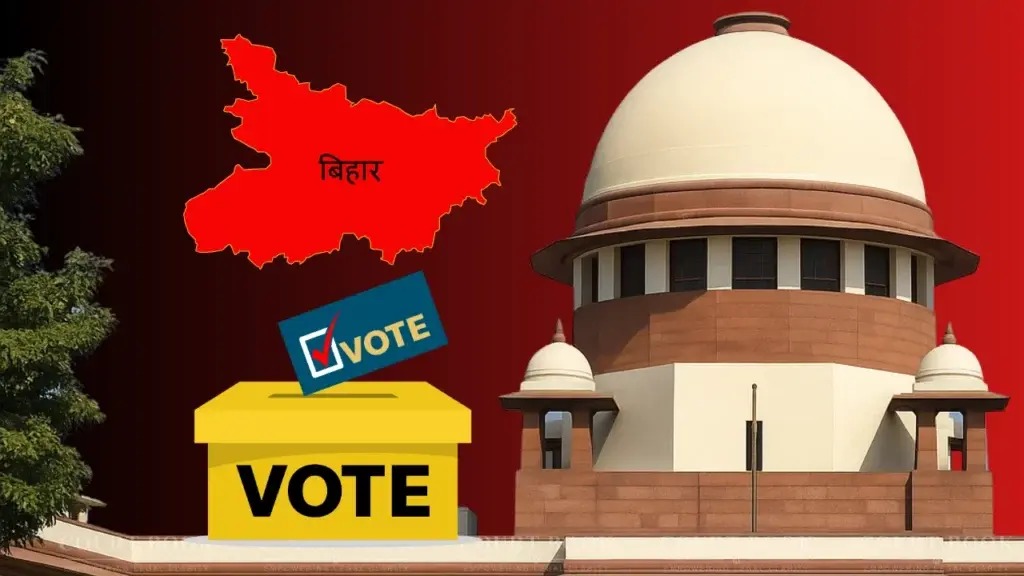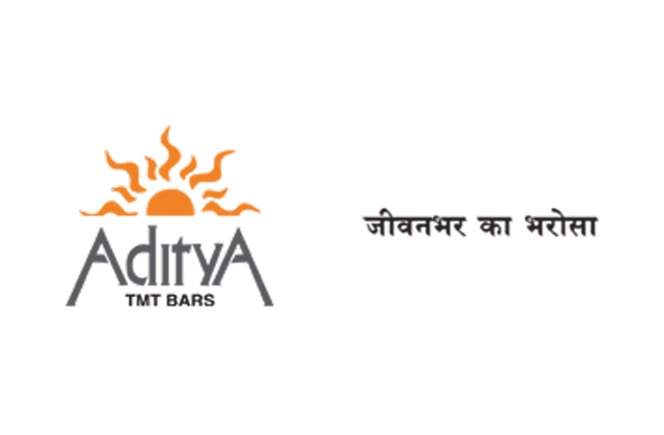
Follow WOWNEWS 24x7 on:
Updated: July 10, 2025 05:40

The Election Commission of India's (ECI) decision to conduct a Special Intensive Revision (SIR) of voters' rolls in Bihar has triggered a political and legal storm. In anticipation of Assembly elections in November, the Supreme Court has provided for a hearing of a cluster of petitions challenging the decision on July 10. The controversy revolves around the spectre of mass disenfranchisement and suspected constitutional impropriety.
Legal Flashpoints
The SIR also calls on non-enrolled voters on the 2003 roll to now present citizenship documents.
For individuals born after December 2004, personal and parentian citizenship documents must be submitted.
Petitioners argue that this order is arbitrary, impractical, and against Articles 14, 19, 21, 325, and 326 of the Constitution.
The Centre and the ECI have been issued notices by the Supreme Court, stating that they have to respond before the July 10 hearing.
Key Issues Raised by Petitioners
The time limit to verify over 8 crore voters before the November polls is deemed to be impossible.
Over 3 crore voters, particularly marginalized groups like SCs, STs, Muslims, and migrant labourers, will be kept out.
Aadhaar, ration cards, and MGNREGA cards are not acceptable as valid documents under the SIR, making it even more challenging to verify.
The move has been considered as a potential interference with freedom and fairness of elections, with allegations of selective disenfranchisement.
Political Reactions and Mobilisation
Rashtriya Janata Dal (RJD), Trinamool Congress (TMC), Congress, and civil society groups like ADR and PUCL have filed petitions.
The leaders including Kapil Sibal, Abhishek Manu Singhvi, and Mahua Moitra have called the process of revision unconstitutional and discriminatory.
RJD's Tejashwi Yadav led a delegation to Bihar's Chief Electoral Officer, requesting Aadhaar and other frequently used IDs to be added.
ECI's Justification and Response The ECI argues that the SIR is required to update electoral rolls, citing problems such as urban migration, unreported deaths, and illegal entries.
It guarantees that the process is within its legislative purview and was carried out in consultation with the parties.
Chief Election Commissioner Gyanesh Kumar stated that over 5,000 meetings were held with party delegations, all of whom complained against the rolls.
What's at Stake
The outcome of this case can set a precedent for the voter verification process in all of India.
A ruling against the ECI would restrict such modifications close to elections in other states.
For the time being, political temperature in Bihar remains on the rise, with the Supreme Court verdict likely to influence democratic arithmetic ahead of the 2025 elections.
Sources: Business Standard, India Today, CNBC TV18, Central Chronicle, MSN India, Times of India





